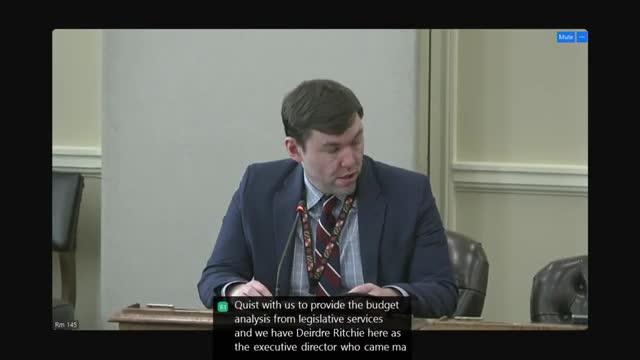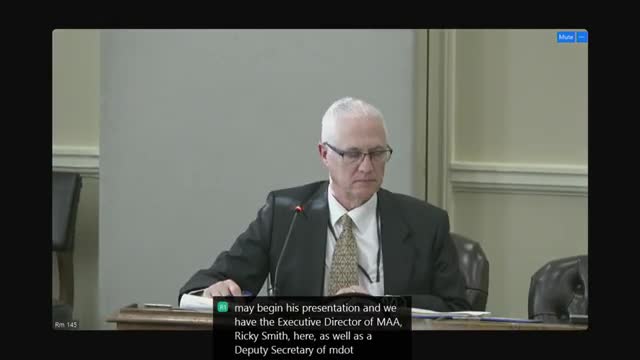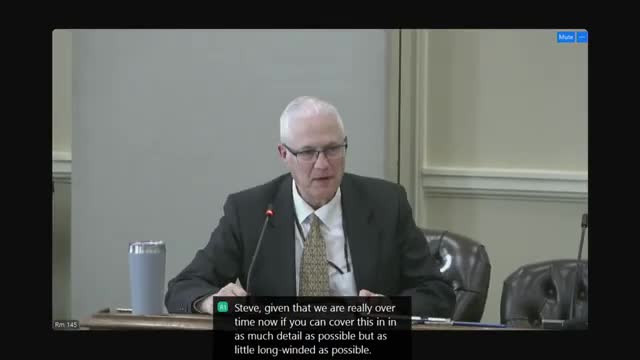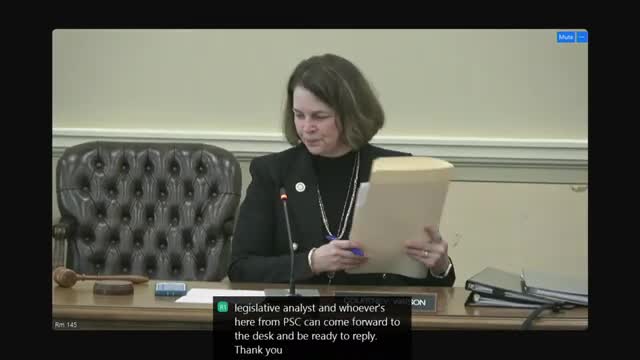Article not found
This article is no longer available. But don't worry—we've gathered other articles that discuss the same topic.

Canal Place seeks $28 million River Park; authority reports $8.5 million in grants and plans dam removal work

BWI passenger traffic exceeds pre‑pandemic levels; MAA advances large capital projects and seeks cybersecurity staff

WMATA sees ridership rebound and lower fare evasion but warns of capital funding cliff

